Today’s readings
Today’s readings remind me of one of my favorite theological facts: we were all created for something. I think it takes the better part of our lives sometimes to see what that purpose is, but rest assured: God has a purpose. In our first reading, God says, “Before I formed you in the womb I knew you, before you were born I dedicated you…” Those words are spoken to the prophet Jeremiah, but also to all of us. God has personal knowledge of every person he has created, and has created each one of us for some special purpose.
It’s an important thing for us to hear in this day and age, I think. Sometimes I think we take the cynical scientific position that each life is a happy accident. Molecules have just come together in the right way, and so, well, here we are. Whatever becomes of us, then, is either fate: something we inevitably take on, or happenstance: we take on the persona of whatever is expedient at any given time. So if all that is true, then there doesn’t have to be a God, or if there is one, he has set things in motion and stepped back to observe our progress like someone observing a science experiment.
But our faith teaches us that none of that is true. Faith tells us that God is really active in the world, that he has personally created each one of us, that he desires our happiness, that he gives us grace to become what he created us to become. That doesn’t mean that every life will be easy and that there will never be suffering or pain. Sin is a consequence of free will, and the evils of disease and disaster and sadness all run through the world as a consequence of that. If God desires our happiness, Satan certainly desires us to be unhappy, even unto eternity.
So if there is purpose to our lives, and if God desires that we be happy, then that purpose is well expressed in our second reading from Saint Paul’s first letter to the Corinthians. This letter is certainly familiar to anyone who has been to any number of church weddings. It’s easy to see why so many couples would choose that reading: the romantic nature of the love they have for one another wants a reading as sweet and beautiful as this to be proclaimed at their wedding. But I always tell them that they should be careful of what they’re asking for. Because the love that St. Paul speaks of is not something that you feel, it’s more something that you do. Or, even better, something that you are.
Because, in any relationship, love is a choice. If it were just a feeling that you automatically had for someone close to you, it would be so much easier. If love happened automatically like that, there would be no abusive relationships. Young people would never turn away from their families. Parents would never neglect their children. Spouses would never separate. We wouldn’t need the sixth commandment, because no one would ever think to commit adultery. Priests would never leave the priesthood because their love for their congregations and the Church, and above all, for God, would stop them from any other thoughts.
And that’s why St. Paul has to tell the Corinthians – and us too! – that love is patient, kind, not jealous, and all the rest. In fact, that passage from St. Paul defines love in fifteen different ways. Because love absolutely has to address pomposity, inflated egos, rudeness, self-indulgence, and much more. All of us, no matter what our state of life, must make a choice to love every single day. If you are married, you have to choose to love your spouse; if you are a parent, you have to choose to love your children. Children must choose to love their parents; priests have to choose to love their congregations, and the list goes on. Love is the most beautiful thing in the world, but love is also hard work.
As today’s Liturgy of the Word unfolds, we can see that love – true love – makes demands on us, demands that may in fact make us unpopular. In the first reading, Jeremiah is told that he was known and loved by God even before he was formed in his mother’s womb. That love demanded of him that he roll up his sleeves and be a prophet to the nations. God gives him the rather ominous news that his prophecy won’t be accepted by everybody, that the people would fight against him. But even so, Jeremiah was to stand up to them and say everything that God commanded him, knowing that God would never let him be crushed, nor would God let the people prevail over him.
For Jesus, it was those closest to him who rejected him. In the Gospel today, while the people in the synagogue were initially amazed at his gracious words, soon enough they were asking “Wait a minute: isn’t this the son of Joseph?” as if to say, “Hey, who is he to be talking to us this way?” When Jesus tells them that his ministry will make God’s love known to the Gentiles – those whom God had supposedly not chosen – that crosses the line for them: it is then that they rise up and drive him out of the city, presumably to stone him to death.
So we have been created in love, created to love, and created for love. God is love itself, love in its most perfect form, and out of that love, he set us and the world and everything there is into being. Out of love for us, God continues to be involved in our lives and in our world, giving us grace, and revealing himself to us when we seek him with all our hearts. And when we seek him with all our hearts, we do that out of love for God, which is in fact God’s gift to us! Love is a complex and beautiful thing and love is the purpose of our lives. Love is a still more excellent way than anything we have in the world!
May the call of all of our lives remind us that we are all embraced in God’s love, and that because of God’s love, we all must decide to love in our own way, according to our own vocation and station in life, every single moment of our lives. May our love for God, our love for others, and our love for ourselves permeate and give new purpose to a world that has forgotten love, and forgotten how to love rightly.

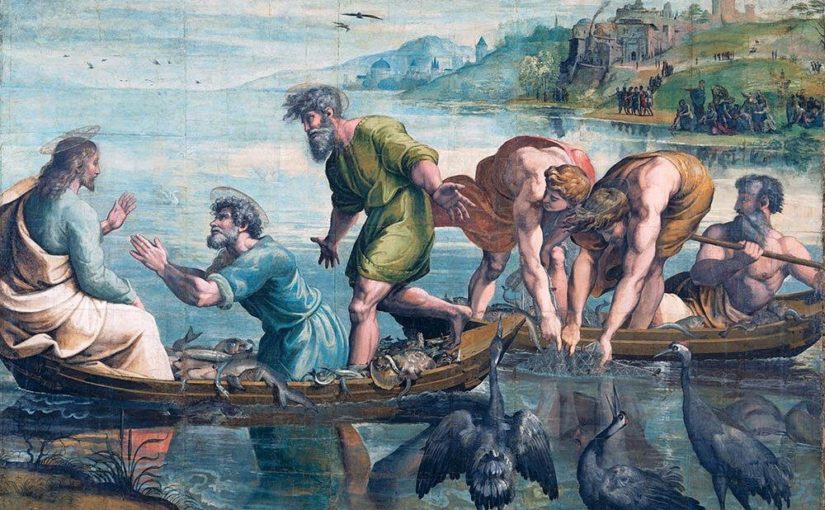
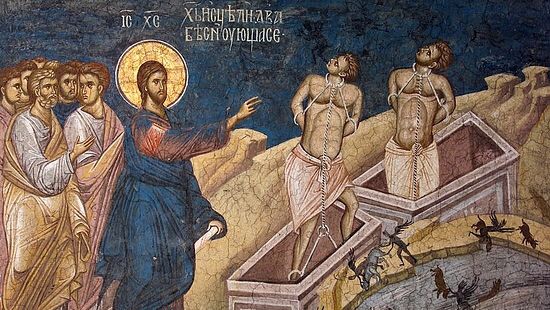
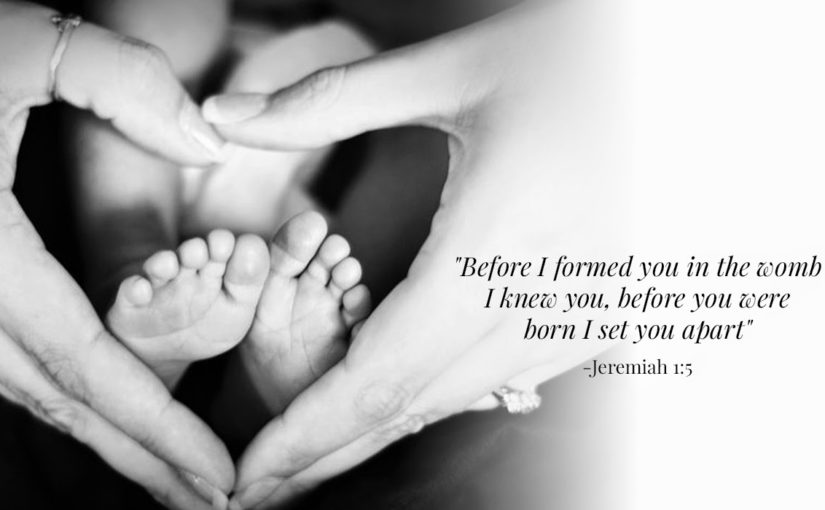
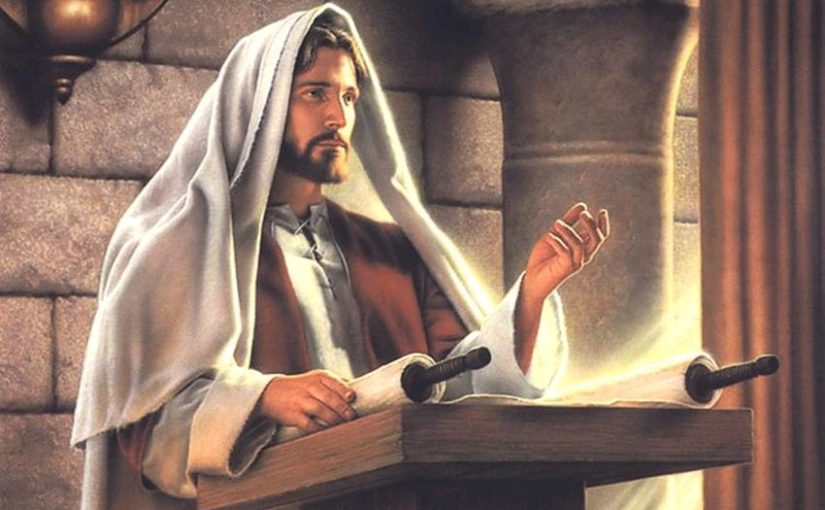
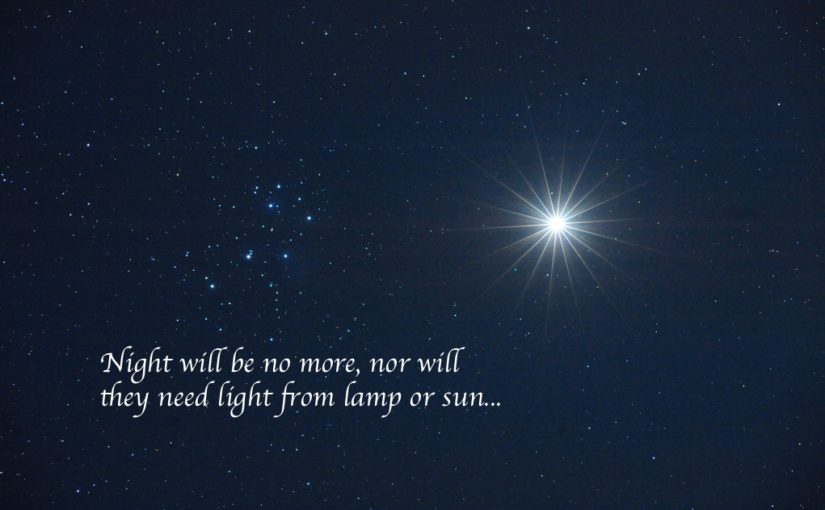
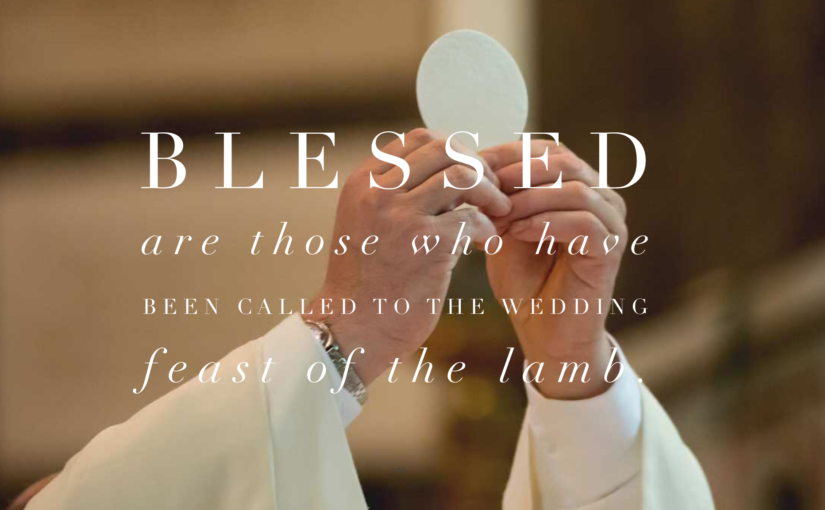
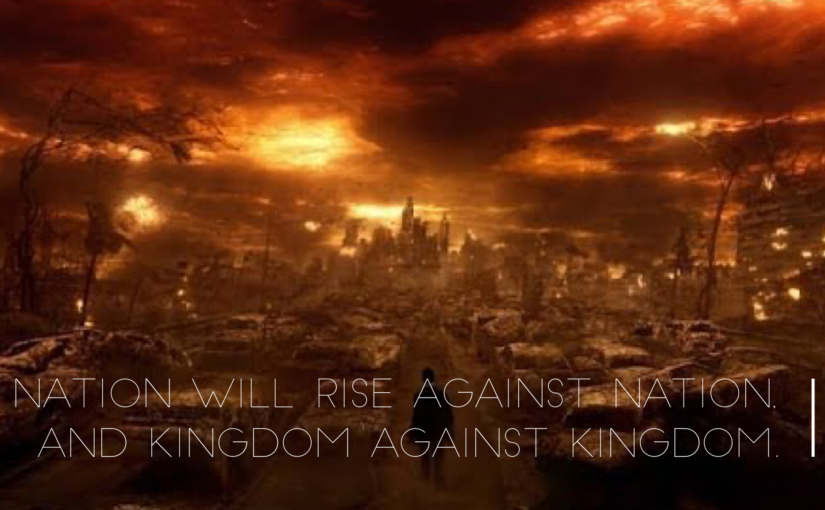
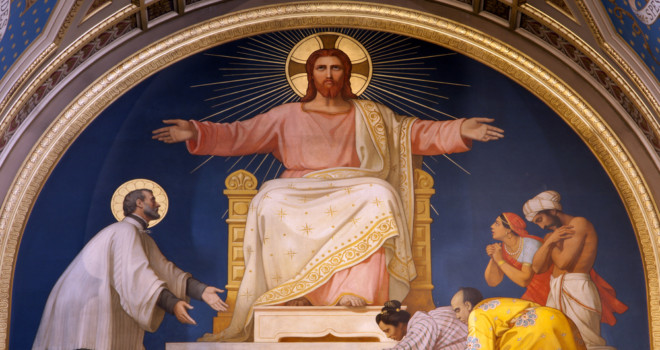
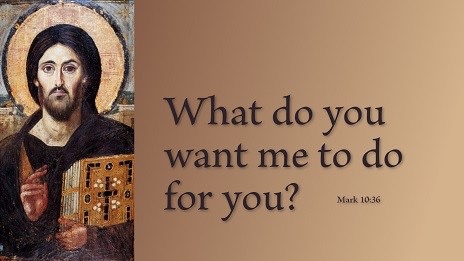
You must be logged in to post a comment.